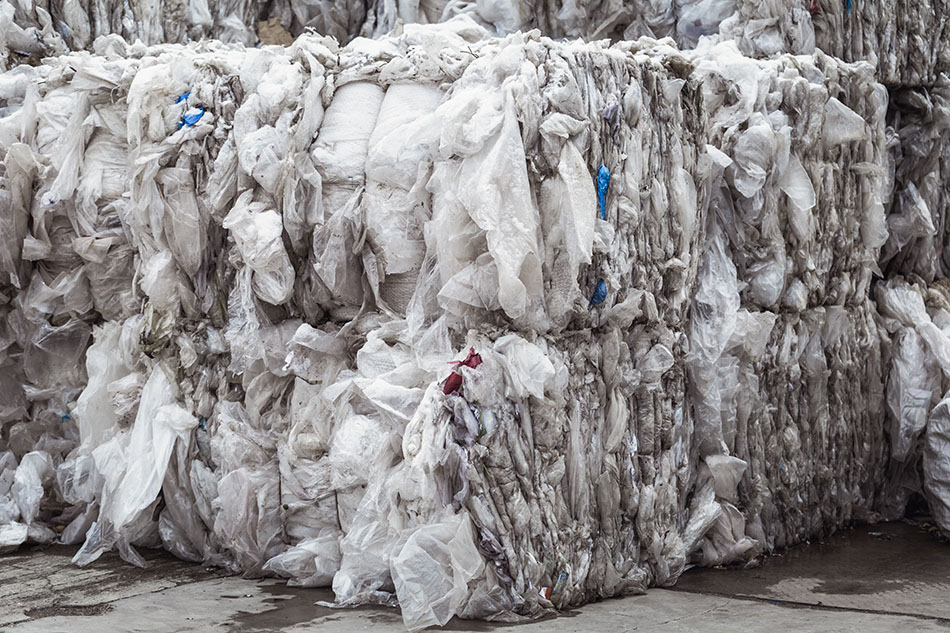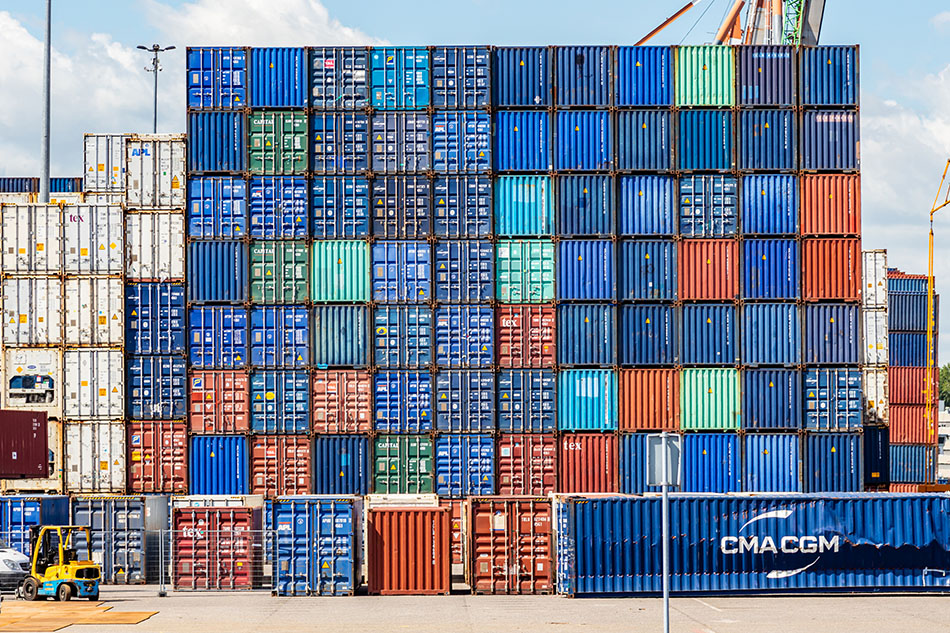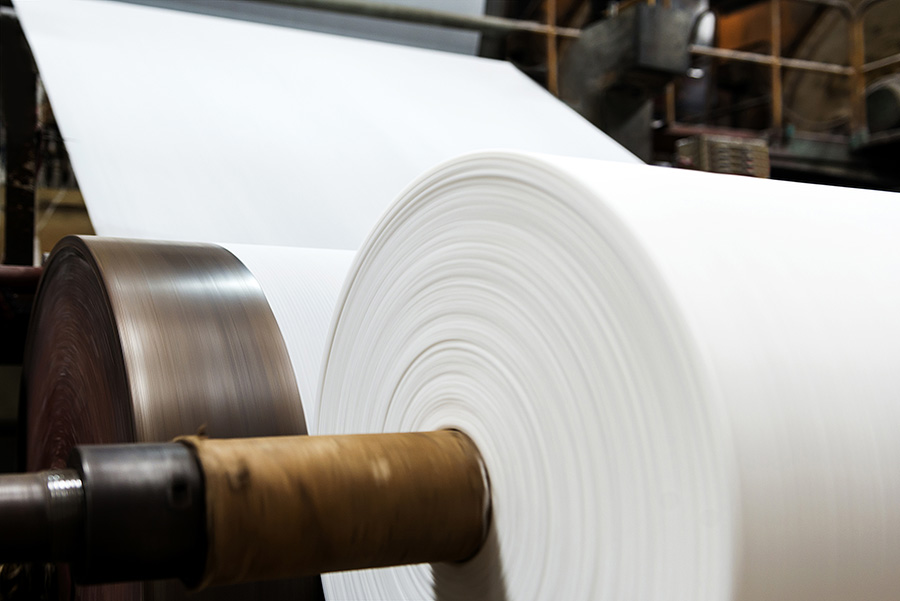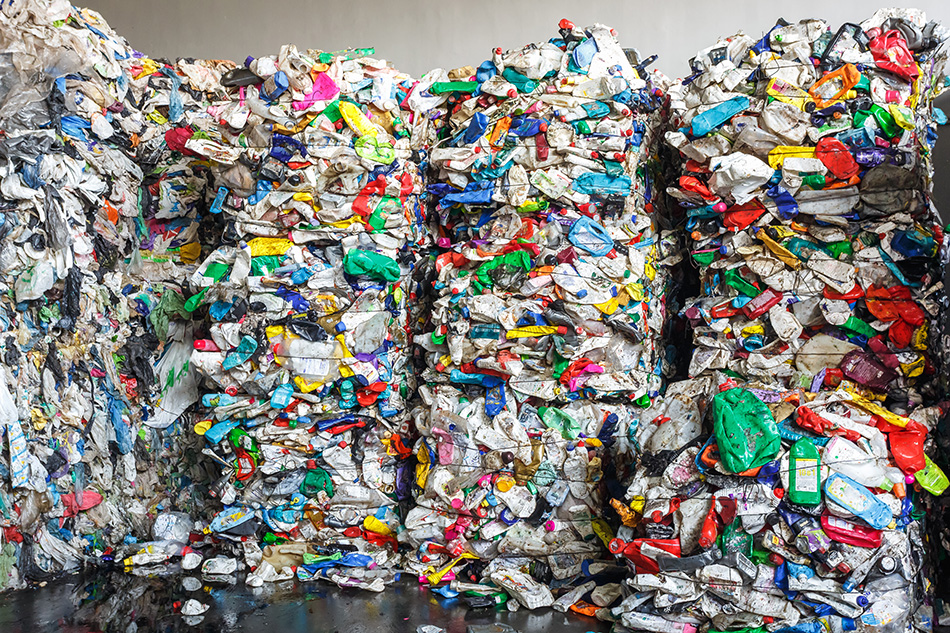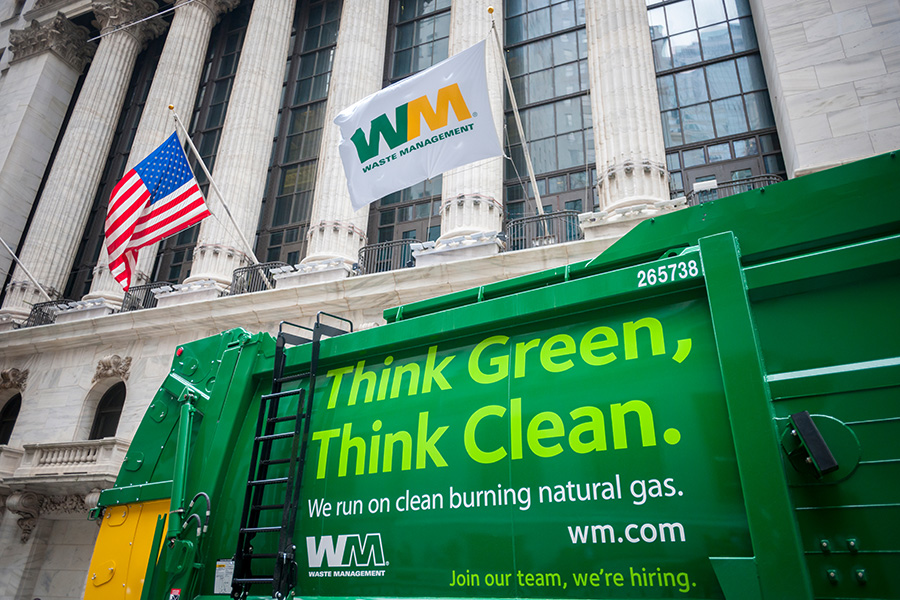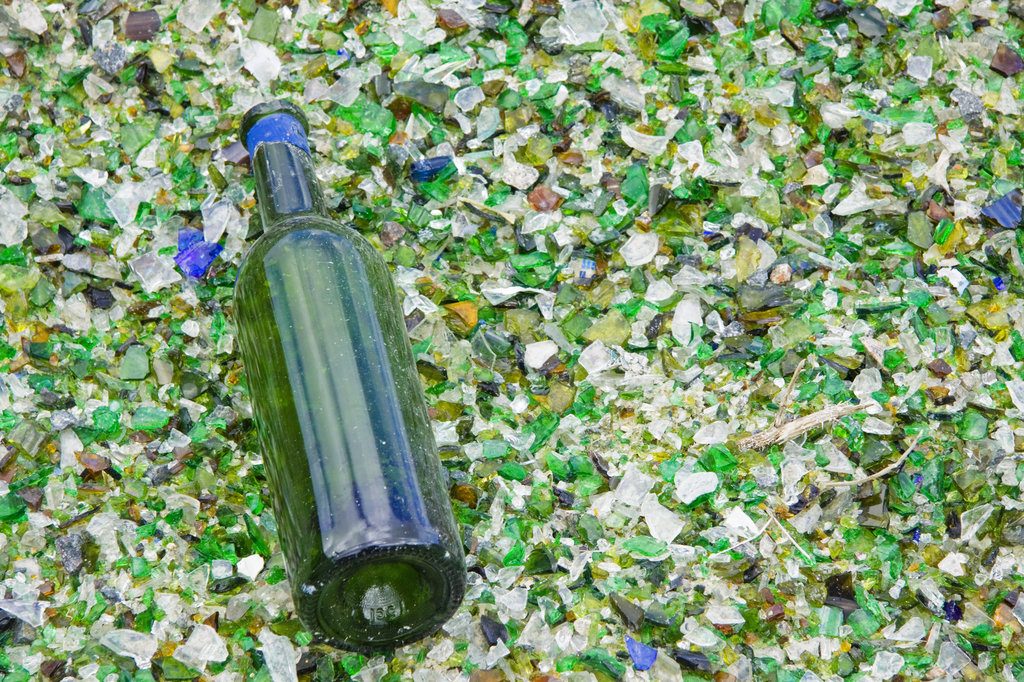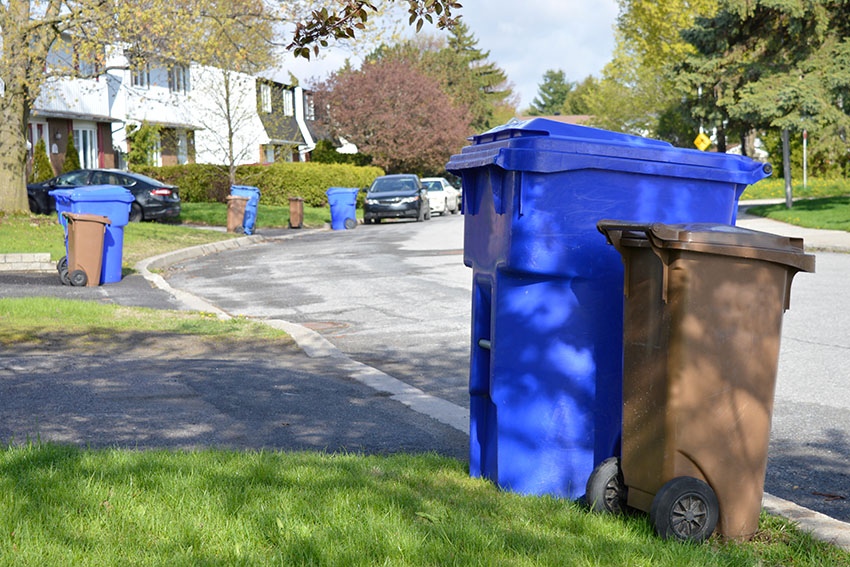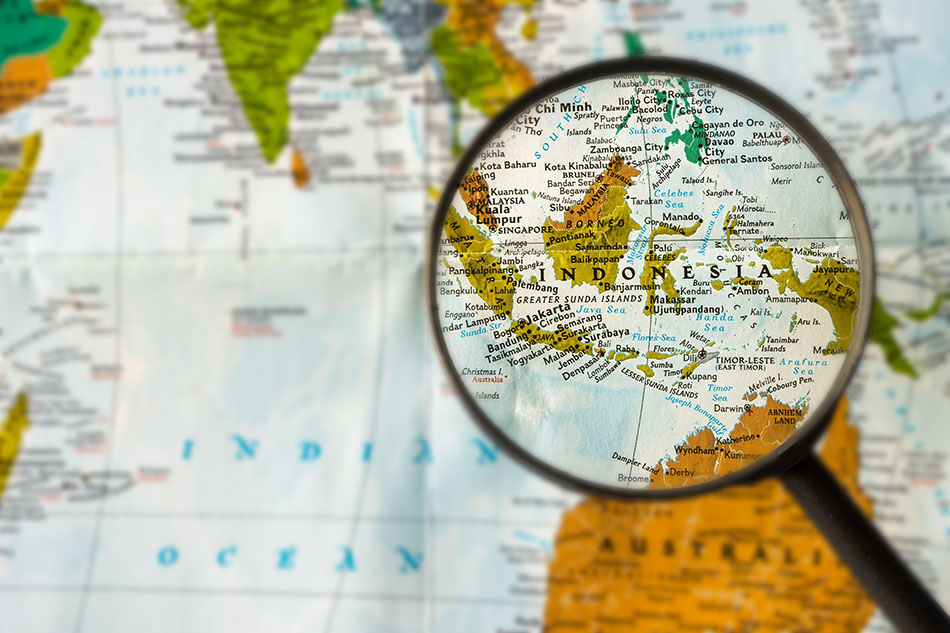
Indonesia has become the fourth largest importer of U.S. recovered paper. | Naruedom Yaempongsa/Shutterstock
A top importer of U.S. recovered paper continues to develop new quality criteria for inbound shipments, despite previous signs the country had settled on specific contamination thresholds.


 Colin Staub was a reporter and associate editor at Resource Recycling until August 2025.
Colin Staub was a reporter and associate editor at Resource Recycling until August 2025.